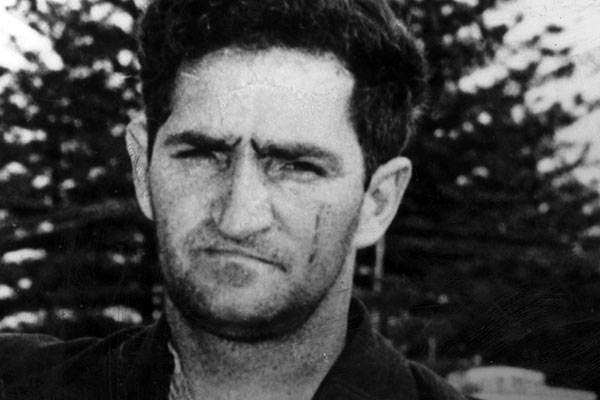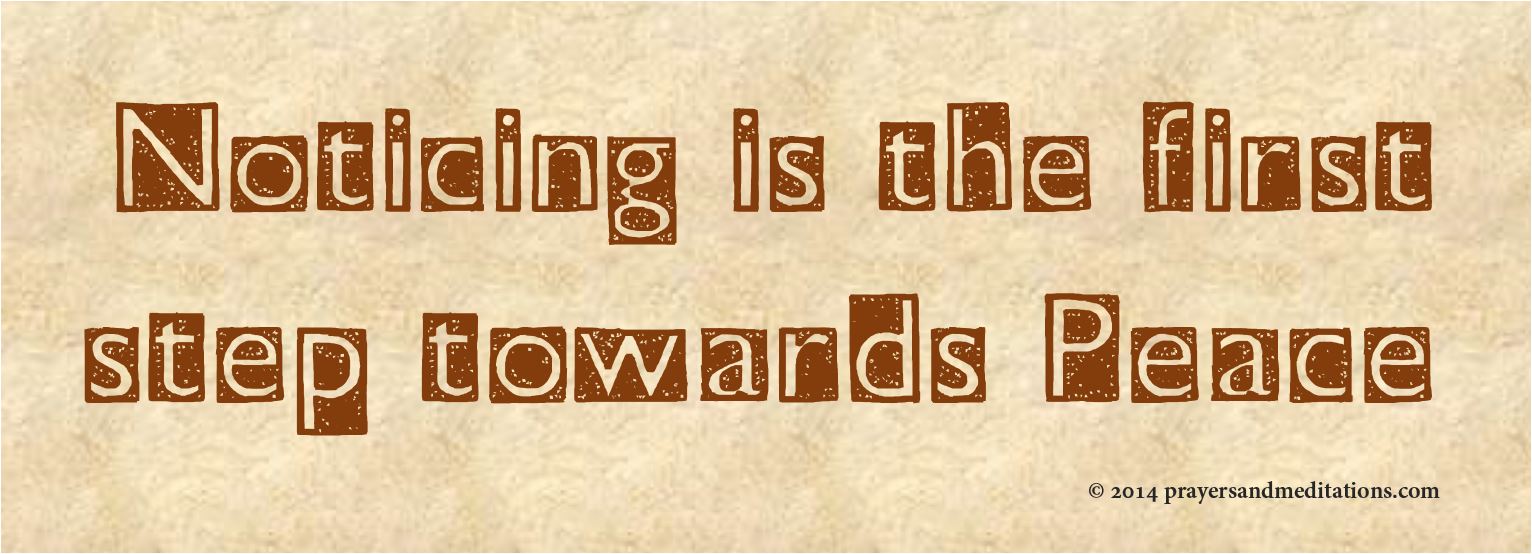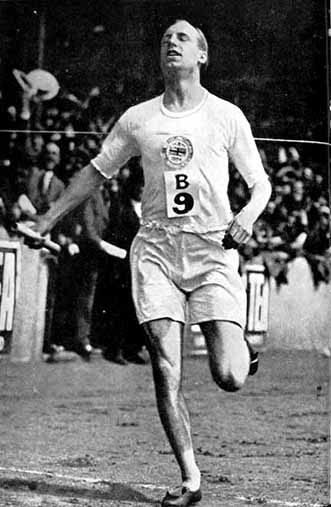 I haven’t preached at church for nearly 4 weeks now and I haven’t blogged on here for over 3 weeks.
I haven’t preached at church for nearly 4 weeks now and I haven’t blogged on here for over 3 weeks.
Its lucky I haven’t had to preach because the cupboard feels pretty bare. I am lacking inspiration and spark – maybe if I was more spiritual I would say the Spirit’s voice is quiet, but the more honest reality is that I have been ‘blue arsed fly’ busy – and my thoughts have been consumed with my business and its demands.
As a seasonal worker whose ‘season’ started late after a long cold winter, I have now been deluged with phone calls and service requests. People have turned their sprinklers back on and discovered they don’t work… and the rush is on to get them fixed before the real heat begins.
After 10 years in business I have enough regular clients to never run short of work so my phone rings constantly and no matter what I am doing, I am almost always interrupted. Texts come in from 6.00am to midnight and sometimes in the middle of the night…
Its not a pace of life I enjoy, but I surrender to it for the three months each year that it requires. It means the rest of life suffers during that time as I work 10 hour days from Tuesday to Thursday and try to get thru as much work as possible.
Its difficult to be a good dad and husband when you are preoccupied and weary. Its hard to get motivated to see people, or go out. I eat dinner, watch some braindead TV and then chug off to bed around 9pm and generally I’m asleep in minutes. I was going to go to swimming training with the kids on Friday mornings but I just can’t bring myself to physical exertion on a day when I don’t have to go hard.
That’s one way in which busyness takes its toll, but the other way I see it impacting is on my creativity. In this time creativity shrivels up and lives in a dark corner of my world and the tasks which it fuels (preaching, blogging, future dreaming) get dropped or done sub-standard because there is little fuel in the tank.
I sometimes open this blog, click on ‘new post’ with a vague idea percolating and discover that there just isn’t the clarity of thought or turn of phrase that comes so easily when my head is in a different, slower space.
My observation is that (at least for me) busyness is absolutely incompatible with creativity – that for the mind to be in a generative mode there needs to be peace and space and quiet. Even in the still moments I do set aside at the start and end of each day I am conscious of the need to ‘get going’ or of other important business pressing in on me. Prayer becomes a task – often a futile one – and I sometimes just give it up and go and ‘do something useful’.
Some of my most creative moments are actually on holidays – when there is nothing to do and nothing to think about. But even then it can take a while to get into that zone.
So for now this blog will show signs of neglect. I will do my best to pull together ideas for teaching at church, but chances are I won’t be ‘in the zone’ for a little while to come.
That said, I know there will come a day – I’m guessing in January once people have overspent on credit cards – when I will get a breath and I will be able to sit at peace with little pressing and listen to the ‘other voice’.
I know that will happen… but what about those for whom ‘January’ never comes – those for whom all of life is lived in the frantic zone? I’d suggest one of the reasons imagination and creativity is seen as the domain of children is because they have wide open mental spaces in which to play and they are not caught up in a life of activity – yet…
I would suggest we all have a creative side to us, but unless it is tended it gets squeezed out of us by a world that insists we get busy. I know there are times we need to be run hard, but I sense the world would be a richer place if the creative spark were fanned into flame more often albeit at the expense of productivity.








